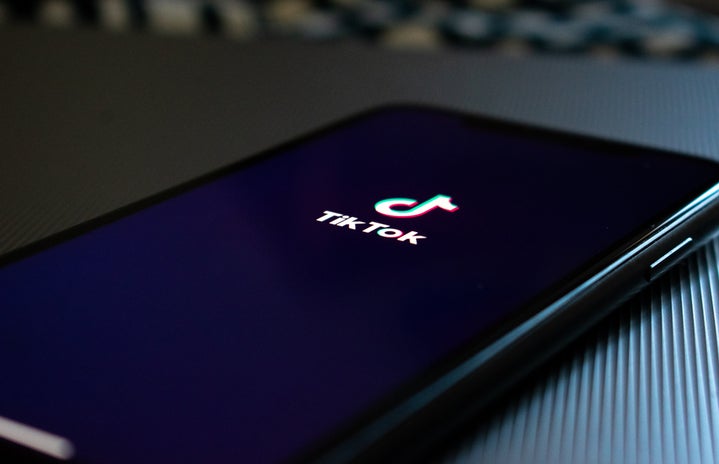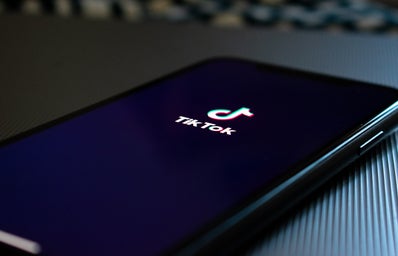TikTok was been one of the most influential vehicles on the Internet in 2020. There probably won’t be another year that we’ll be as obsessed with endless scrolling, dances, and silly family-oriented video trends. As much as I wouldn’t like to admit it, I’ve been on TikTok since 2019, making me a veteran of sorts. I’ve spent one too many nights losing myself in the scroll. This also has given me the ability to watch the ebbs and flows of trends and the effects that these trends have had on our world.
One of the more notable consequences of TikTok is the rise in popularity of the “main character” trope. Everyone, according to the Internet, is the main character.
“She’s the main character.”
“They’re the main characters.”
“You’re the main character.”
Besides the obvious logical disparities (how is everyone the main character?), the insinuation that you’re the main character is, in my opinion, the most basic form of self-awareness that a human can reach. Here’s the thing: when we’re born, we assume the world revolves around us and we are the masters of our universe. As we grow older, we hopefully start to grow out of this mindset and learn to understand the wishes and desires of other people around us. We become empathetic. I feel like the “main character” ideology is essentially trying to reverse all this progress that we’ve developed throughout the years.
This isn’t me saying that other people shouldn’t be confident in themselves or take charge of their lives. However, the main character trend seems to rely heavily on the fact that those who aren’t the main character are nobodies – people who simply aren’t worth our time and “main character energy.” I just don’t think it’s a very good perspective to take in this world – a world that is clearly reeling from the actions of billions of people. It just doesn’t make sense that we should stop paying attention to others.
Furthermore, those who identify with “main character” energy are usually people that have a negative effect on the world around us. Take Donald Trump, for example. He probably thinks he’s living out his American-hero-“I’m about to save the world”-revolution arc. In actuality (as we all know), he’s just messing up shit for everyone around him with complete disregard for the innocent lives that he disparages. All in the name of living out his main character fantasy.
I would argue that the best way to go about thinking about our place in the universe is that we are not the main characters. Instead, we are just a bunch of equally standing characters with lots of different dreams. This doesn’t mean that we as individuals are being stripped of our inherent individuality. It means that we can both influence the world and simultaneously understand that the people around us have similar wishes to change the world.





